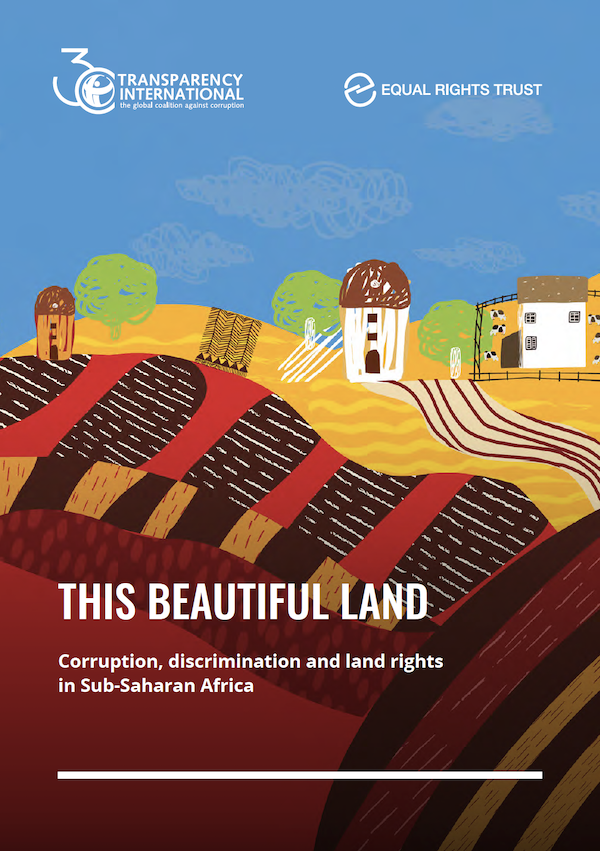This report provides new data about the current and potential future losses and damages from climate-attributable weather events in the Sahel and Horn of Africa, with a specific focus on the agriculture and livestock sectors.
The session highlighted the importance of integrating land tenure into sustainable land management as a means to achieve effective land restoration and land degradation neutrality (LDN). Participants emphasized that secure land tenure is fundamental to encouraging land users to invest in…
The session focused on promoting transparent and accountable land governance as a crucial aspect of ensuring a just transition in climate action, drawing on diverse case studies from Kenya, Brazil, and Sierra Leone. Central themes included the intersection of anti-corruption efforts, human…
The session focused on ensuring that the transition to a greener economy is fair and equitable for landholders, particularly Indigenous Peoples (IPs) and other marginalized communities. The discussion centered on the growing demand for land driven by the expansion of renewable energy and the…
The roundtable session on carbon markets and climate justice addressed how carbon trading frameworks can be designed to protect community land rights, especially as countries in Africa and Asia establish legal frameworks in line with Article 6 of the Paris Agreement. The discussions highlighted…
The session examined the dynamics of Payments for Ecosystem Services (PES) markets, with a focus on integrating community perspectives into the voluntary carbon market (VCM), particularly in the context of REDD+ initiatives. Recent years have seen a surge in PES, driven by net-zero goals and…
In 2021, Transparency International and the Equal Rights Trust published <em>Defying Exclusion: Stories and Insights on the Links between Discrimination and Corruption</em>. Bringing together a diverse group of case studies from across the globe, it documented and illustrated the…





